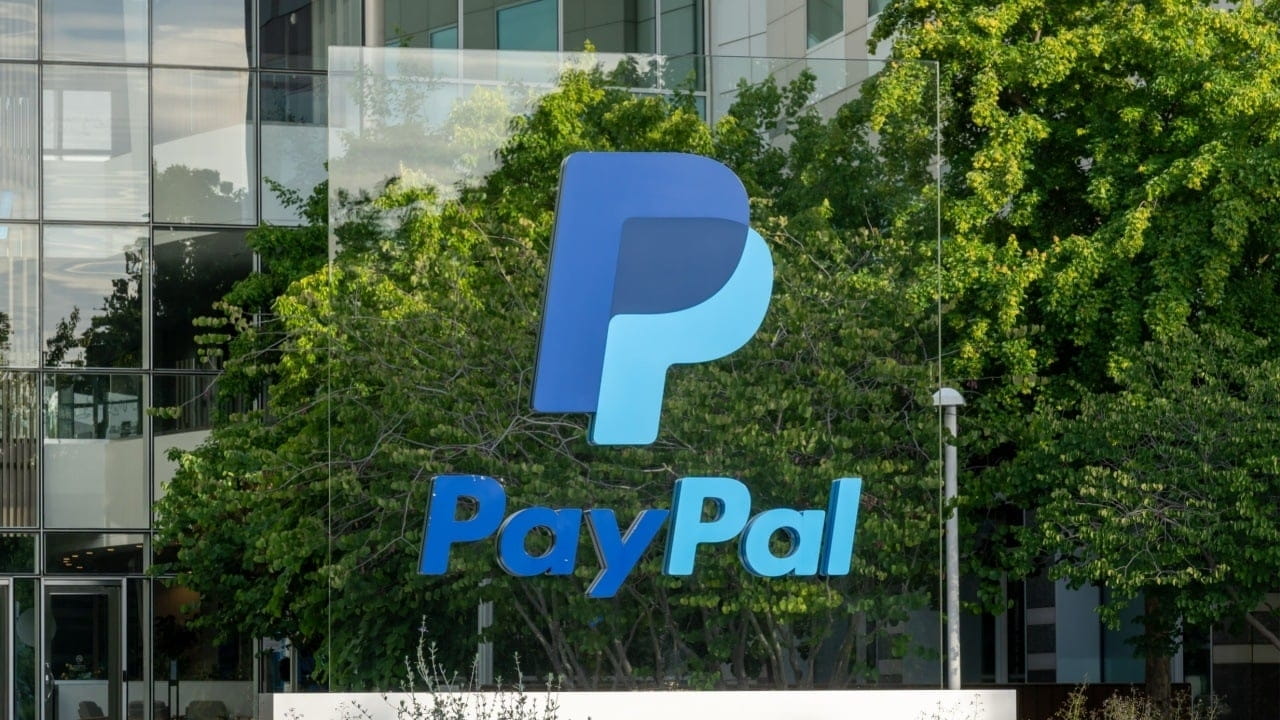Companies like Coinbase and Paypal are exploiting loopholes in the GENIUS Act focused on stablecoins to offer 'rewards' to depositors, even though the act clearly prohibits issuers from distributing any form of interest or profit to holders.

Is the GENIUS Act being circumvented? Paypal, Coinbase offering 'rewards' to stablecoin holders
Cryptocurrency companies are looking for ways to circumvent the restrictions established in the U.S. Stablecoin Innovation and Guidance Act (GENIUS) regarding the provision of profits to holders of stablecoins.
Although the GENIUS Act prohibits stablecoin issuers from providing profits to holders, in practice it prevents these companies from directly issuing profit-bearing stablecoins, yet companies like Paypal and Coinbase are still exploiting loopholes in this act to provide 'rewards' to their customers.
According to Jevgenijs Kazanins, during the Q2 2025 earnings call, Paypal stated:
This quarter, we added the ability to earn rewards on our stablecoin on PayPal and Venmo and announced the expanded availability of PYUSD on the Stellar and Arbitrum blockchains.
Kazanins stated that technically, the issuer of PYUSD is Paxos, allowing Paypal to participate in giving 'rewards' to customers through points programs.
Coinbase is also currently offering a program that allows USDC holders to earn a 4.1% reward just by holding these tokens in their Coinbase accounts.
Brian Armstrong, the CEO of the exchange, defended the legality of this program, emphasizing that Coinbase is not the issuer of USDC and they do not pay dividends but offer rewards to their 'highly competitive' customers.
This means that any company is allowed to offer profits for stablecoins designed by the company itself, but must rely on a third-party organization as the issuer of their instruments.
Financial technology writer Alex Johson criticized this and explained that Paxos operates as a BaaS (Banking as a Service), enabling Paypal's rewards program.
He emphasized:
Imagine if the Durbin Amendment prohibited banks with less than $10 billion from paying interest on deposit accounts, but they circumvented the law by signing BaaS agreements with fintech companies to pay interest to customers. Essentially, that's what is happening here.


